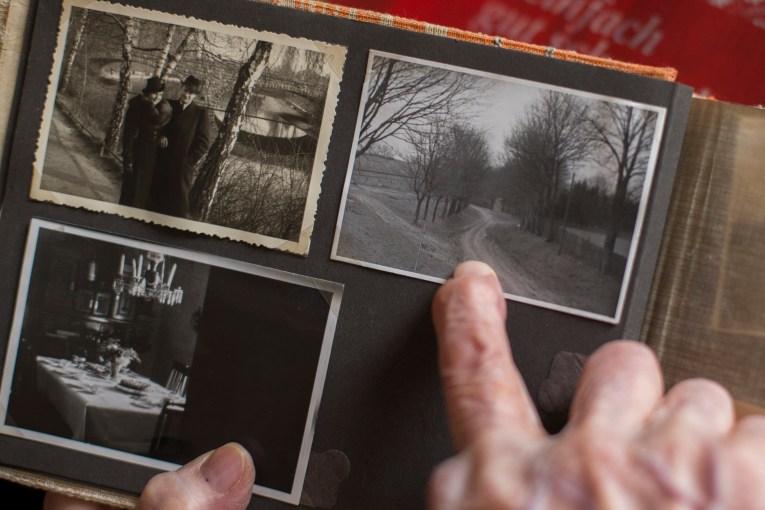Iraqi forces break IS siege
Iraqi troops, Kurdish fighters and Shi’ite militiamen backed by US air strikes have pressed a fightback against jihadist-led militants, buoyed by breaking a weeks-long siege of a Shi’ite town.
The breakthrough at Amerli on Sunday was the biggest offensive success for the Iraqi government since IS-led militants overran much of the Sunni Arab heartland north and west of Baghdad in June.
• Veterans fear return to Iraq
• Failed war created a worse threat
The United States carried out limited air strikes in the area during the operation, the first time it has expanded its more than three-week air campaign against IS beyond north Iraq.
Iraqi forces kept up the momentum on Monday, with Kurdish peshmerga fighters and Shi’ite militiamen retaking Sulaiman Bek, a town north of Amerli that had been an important militant stronghold.
“Within a few hours, we were able to clear the town completely,” the commander of the Shiite Badr militia, Transport Minister Hadi al-Ameri, told AFP in Sulaiman Bek.
Fighters celebrated in the abandoned town, firing in the air, chanting anti-IS slogans and showing off a captured black flag of the group.
Security forces and Shi’ite militiamen later retook the nearby town of Yankaja from the militants, officials said.
Before the operation, the mainly Shi’ite Turkmen residents of Amerli were endangered both because of their faith, which jihadists consider heresy, and their resistance to the militants who had besieged the town for 11 weeks.
UN Iraq envoy Nickolay Mladenov had warned that they faced a “massacre”.
Caretaker premier Nuri al-Malik visited Amerli on Monday, vowing that “Iraq will be a graveyard” for IS.
The operation to break the siege of Amerli was launched on Saturday.
The United States said it had launched four air strikes in the Amerli area.
Meanwhile, more pledges were made to provide arms to Iraq’s Kurds, who are battling jihadists in the north and east.
Backed by US air strikes, Kurdish troops have succeeded in clawing back some areas that fell to the jihadists last month.
The air campaign continued on Monday, with American warplanes carrying out strikes against IS targets in the area of Mosul dam in northern Iraq.
Germany has announced that it will send anti-tank rocket launchers, rifles and hand grenades to support Kurdish forces.

German Chancellor Angela Merkel. Photo: Getty
On Monday, Chancellor Angela Merkel made an impassioned 25-minute speech in support of arming the Kurds, saying: “We have the opportunity to save lives and stop the further spread of mass murder in Iraq.”
She also said an estimated 400 German nationals had travelled to Iraq and Syria to fight alongside jihadists, and that “we must fear these fighters could return one day”.
British Prime Minister David Cameron on Monday announced tougher measures against suspected returning jihadists.
These would include banning suspects who are British from returning to the UK, and enhanced police powers to temporarily strip departing suspects of passports.
IS and its allies control a large swathe of northeastern Syria as well as territory in Iraq, and its rule has been marked by atrocities.
On Monday the 47-member UN Human Rights Council in Geneva unanimously agreed to send an emergency mission to Iraq to investigate IS atrocities.
“We are facing a terrorist monster,” Iraqi Human Rights Minister Mohammed Shia al-Sudani told the council, decrying acts “equivalent to genocide and crimes against humanity”.








